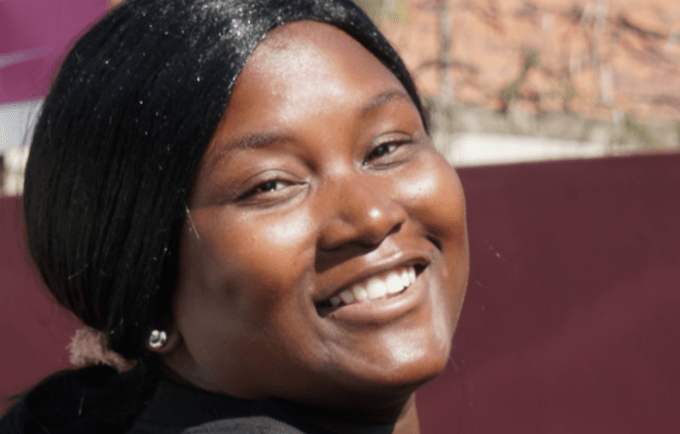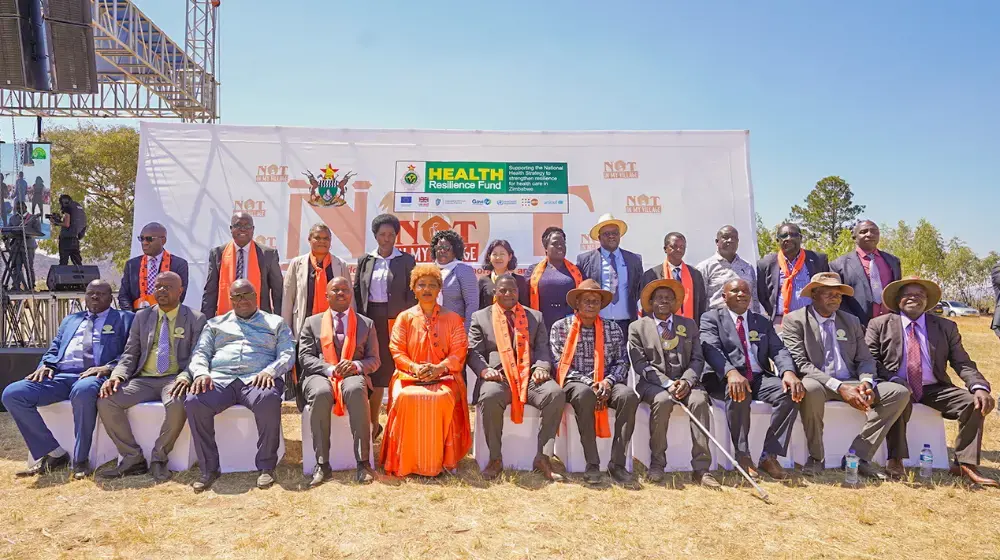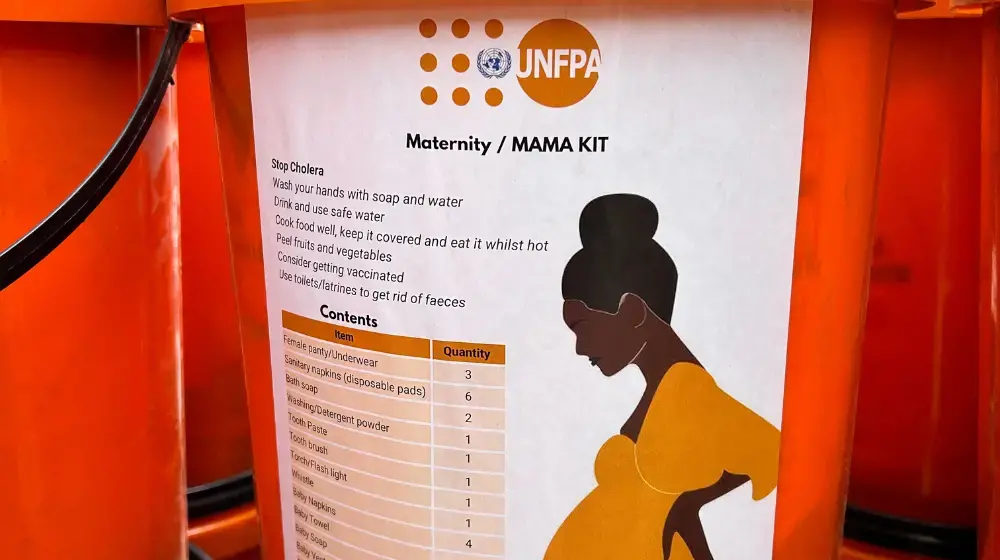Twenty-four (24) year old Lilian Dube was raped and left for dead by three men. The eldest in a family of 6, Lilian had dropped out of school and resorted to selling sex to help her mother take care of her siblings. It was while working as sex worker in Gwanda located in the Matabeleland South province of Zimbabwe that she went through this gruesome experience.
“I met a man at a local bar and he said he wanted my services,”says Lilian. “We left the bar and he led me to a bush. When we got there I found 2 other men there. I tried to run away but I was hit with a brick on the head and cut on the thigh with a knife and I lost consciousness. I was raped and left for dead in the bush.”
The next morning Lilian says she woke up and made her way to the police station to make a report. From the police station she was taken to the hospital for medical attention. Lilian says her experience at the hospital hurt her bitterly.
“The nurses were so callous and they refused to treat me; one of them asked me what such a beautiful and young person like me was doing selling sex on the street instead of looking for decent work,” recalls Lilian. “These comments hurt me very much because these people were judging me without even knowing my situation and also blaming me for the attack. I wished I had not gone to the hospital…”
Back home Lilian nursed her wounds with salt and over the counter medicines.
Many sex workers like Lilian face such bad attitudes from public health professionals in their communities which greatly affects their health seeking behaviour. At times they are even refused access to health services due to stigma and discrimination and yet access to services for this key group is very central to HIV prevention efforts.
Zimbabwe has one of the largest and most sustained HIV epidemics in the world, though there is evidence that HIV prevalence is declining from 26.5% in 1997 to 14.9% to date (Zimbabwe Demographic Health Survey 2015). While the majority of HIV infections occur in the general population, specific sub-populations, including female sex workers (FSWs), are at higher risk. It is estimated that 11 per cent of new adult HIV infections occur among FSWs, their clients and clients’ partners (Modes of Transmission Study, 2010). More specifically, HIV prevalence among FSWs is very high at 58% (CeSHHAR RDS Survey, November 2013)
Realising some of these challenges faced by sex workers such as Lilian UNFPA Zimbabwe has been working over the years with partners National Aids Council and CeSSHAR to ensure access to services for sex workers in a friendly and non-judgemental environment.
Since the programme began in 2010 at least 10 static sites and 30 outreach sites have been set up for sex workers that provide comprehensive reproductive health services, HIV testing and referral, health education, plus access to legal services.
“When I get to the CeSHHAR clinic I feel very comfortable and very free to discuss anything and ask anything to the nurse, it’s a very friendly and non-judgemental environment,” says Lilian. “Back then if you got an STI you would be very scared to go to the public hospital because the nurses would not make it secret and scold you.”
Today Lilian is part of the PreP trials – PreP or Pre-Exposure Prophylaxis is the administration of specific ARV drugs in HIV negative clients to prevent HIV infection. She has learned a lot about how to protect her health and that of her clients through interventions under the National Sex Work programme. –Bertha Shoko





